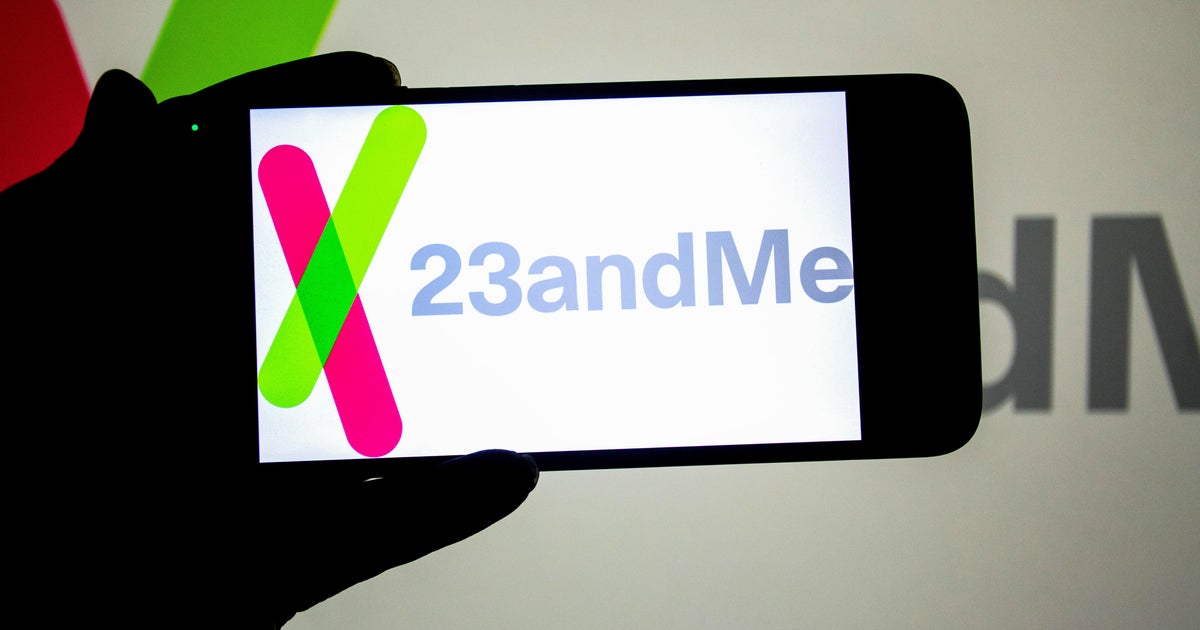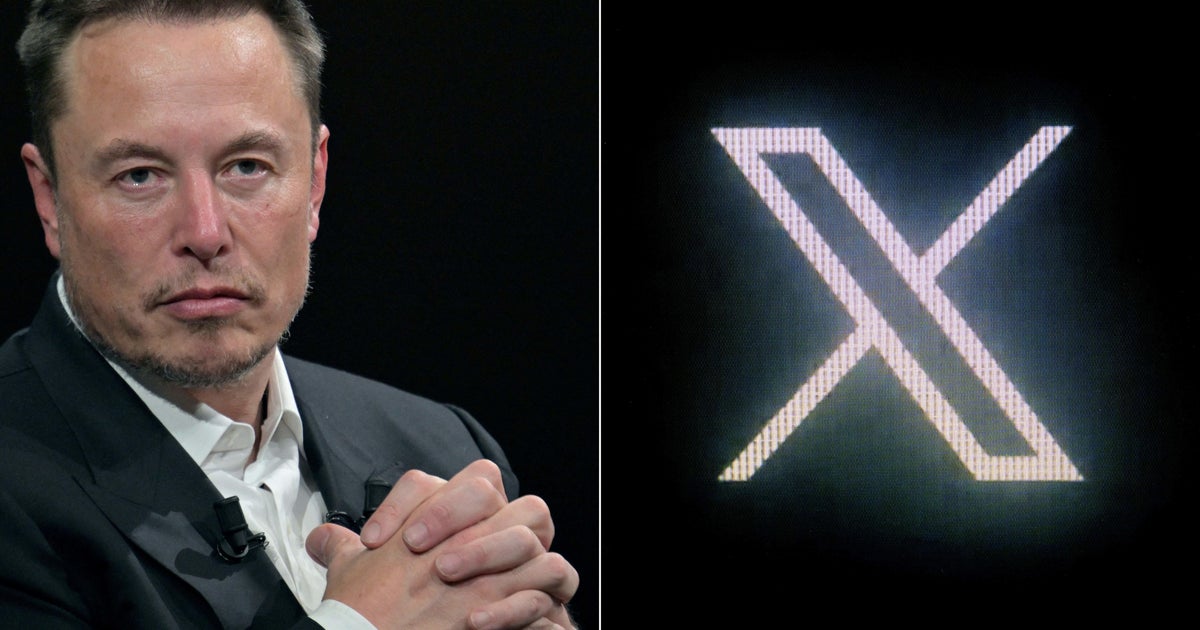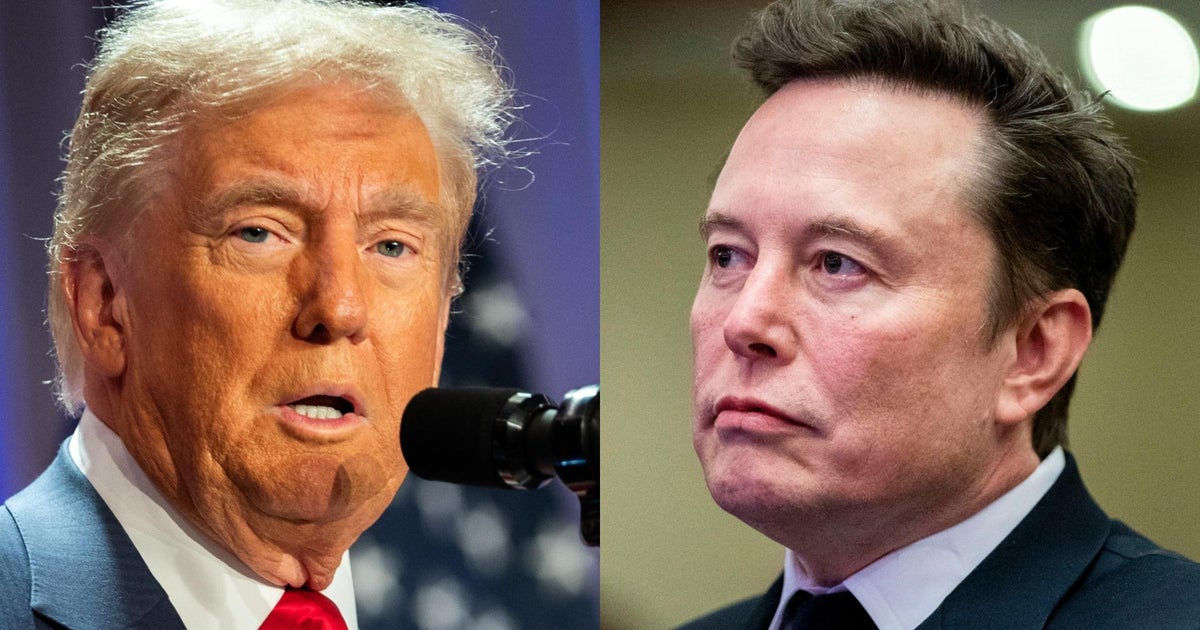Apple ends a bad streak for tech stocks
It has been a rough few days for big-cap technology stocks, as shares of names like Facebook, Twitter and Netflix have slumped following disappointing results.
For Facebook, the decline was triggered by the social network's admission that its focus on data privacy, along with stalled user growth, will weigh on profitability. Pushing Twitter's stock down was its tepid user numbers and a scandal around political conservatives accusing the platform of bias.
By contrast, strong results from Apple on Tuesday pushed the stock to a record high, raising hopes the iPhone maker will become the world's first $1 trillion company and restore investor faith in the tech sector. The stock pushed higher ahead of markets opening in the U.S., adding 4.4 percent to $198.60.
"Apple delivered strong June results and healthy September guidance, which speaks to the fuel in the Cupertino growth engine heading into FY19, led by a trifecta iPhone product cycle and robust services growth," Daniel Ives, head of technology research with GBH Insights.
Apple reported earnings of $2.34 per share, versus the $2.17 expected, on revenues of $53 billion, which also topped estimates of $52.4 billion. The even better news: iPad shipments crushed estimates. Services and wearables revenues were strong as well, while sales in China grew despite the deepening trade rift with the U.S.
In a call with analysts to discuss Apple's buoyant results, CEO Tim Cook expressed optimism for the subscriptions portion of the services business, which now has a whopping 300 million paid subscribers for such products as Apple Music, Apple Pay and Apple Care.
Apple TV also was singled out for praise, with the new 4K comparable model gaining traction ahead of being offered by Charter Communications to its customers.
Apple's quarter wasn't an untrammeled success. iPhone shipments missed estimates, falling short of "peak iPhone" in 2015, when the iPhone 6 with its larger screen was a hit. Mac shipments also were down. But the company's growing revenue was helped by the iPhone X's higher average selling price relative to the iPhone 6 and 6 Plus.
Overall, investors seem comfortable looking past lukewarm iPhone sales to focus on the revenue benefits of Apple's ecosystem and the growing importance of its services business.
Looking ahead, management is optimistic heading into another iPhone refresh later this year. Three new models are expected, with an update to the iPhone X design, a larger iPhone X-like model, and an iPhone 8 replacement that looks like an iPhone X but still includes a LCD screen.
Just how much a step forward those devices are from the current lineup remains to be seen. Some Wall Street analysts think the new phones will mark only an incremental advance.
"Apple's rubber meets the road once the new phones come on sale, and we don't expect the fall lineup to be different enough to improve the trajectory of iPhone sales," Raymond James analysts said in a note.
Apple also faces relentless competitive pressure in the phone arena, long its major driver of growth. Chinese handset maker Huawei recently surpassed the company as the world's second-largest supplier of smartphones, with 15 percent of the global market compared with Apple's nearly 12 percent, according to Strategy Analytics. Samsung is No. 1 with more than 20 percent of the market.




